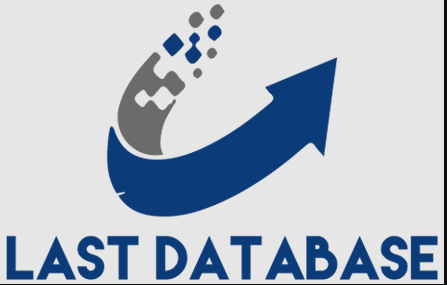WhatsApp has revolutionized the way we communicate, allowing us to send messages, make calls, and share media with friends and family effortlessly. However, as the platform grows in popularity, businesses have started exploring its potential for marketing purposes. One crucial aspect of WhatsApp marketing revolves around the use of real phone numbers. In this article, we will delve into the question: “Does WhatsApp use real phone numbers for marketing?” We will explore the implications of this approach, its benefits, and the potential concerns it may raise.
What is WhatsApp Marketing
WhatsApp marketing refers to the Japan WhatsApp Number List practice of businesses and brands using the WhatsApp platform to reach and engage with their customers. This marketing strategy leverages the app’s user base to send promotional messages, updates, and offers directly to their customers’ mobile devices.
In the realm of WhatsApp marketing, businesses have two options for sending messages to users: using real phone numbers or utilizing WhatsApp Business API.
- Real Phone Number Marketing: WhatsApp allows businesses to send messages to users who have willingly shared their phone numbers with the respective businesses. This approach is permission-based, meaning users must opt-in to receive messages. Companies can create lists of phone numbers from their customer database or through other legal means, provided they comply with data protection laws and privacy regulations.
- WhatsApp Business API: The WhatsApp Business API is designed for larger businesses that require more extensive communication capabilities. It enables automated messages, integration with CRM systems, and supports high volumes of messages. However, it’s important to note that this option also requires prior user consent to send messages.
Implications of Using Real Phone Numbers for Marketing
Using real phone numbers for BTOC Database WhatsApp marketing comes with several implications that businesses must consider:
- Personalization and Customer Trust: By obtaining consent from users to send messages, businesses can offer. Personalized content, updates, and promotions based on customer preferences. This tailored approach can lead to increased customer trust and loyalty.
- Opt-In Requirement: To comply with WhatsApp’s policies, businesses must ensure that users explicitly opt-in to receive messages. This helps avoid unsolicited messages, spam, and maintains a positive user experience.
- Privacy Concerns: Despite obtaining consent, businesses must be cautious about how they handle user data. Data privacy and protection laws, such as GDPR and CCPA, must be adhered to. And users must have the option to opt-out at any time.
Benefits of Utilizing Real Phone Numbers for Marketing
- Direct and Instant Communication: WhatsApp messages have a. Higher open and response rate compared to emails or other forms of marketing. Utilizing real phone numbers allows businesses. To communicate directly with their target audience in real-time.
- Cost-Effective Solution: WhatsApp marketing can be a cost-effective strategy compared to traditional marketing channels, such as SMS marketing. Additionally, businesses can reach a global audience without incurring international messaging fees.







